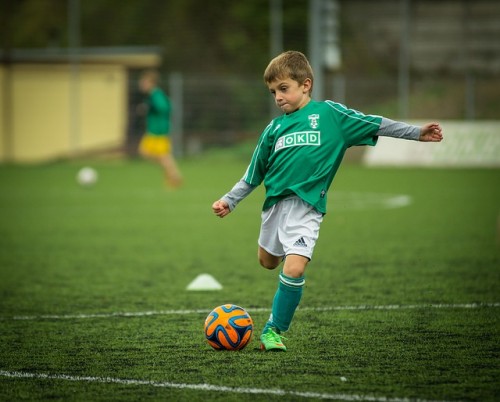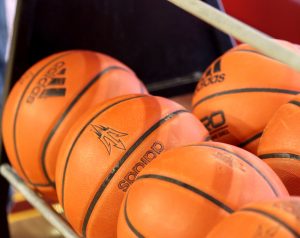Last week, the baseball world gathered here in Phoenix for the annual analytics conference held by the Society of American Baseball Research, or SABR.
There, two former baseball greats, pitcher Curt Schilling and fielder John Kruk, agreed that the growing trend of specialization for young athletes — choosing one sport or even one position early on — is contributing to serious injury concerns for players as they get older.
They joined a growing number of professional athletes advocating against it.
That isn’t swaying some parents, who are convinced that specialization is a ticket to the big leagues. Kruk told the SABR audience that the decision by parents to push their child into choosing one sport is often a monetary one.
He contended that busy schedules are a factor. By picking a specialty, kids can be trained to aim for that goal, rather than wait to see which sport best fits the child. (The audience laughed when told the story of a young boy who said his dream was to become a middle-inning relief pitcher.)
By specializing, parents expect the money they spend to pay off in the form of a college scholarship. But does having a child play one sport really pay off financially?
The science is becoming pretty clear: specialization for young athletes is causing overuse injuries that cost them playing time. And, it’s also becoming clear that many of these injuries are happening to athletes whose parents put money towards year-round travel leagues for single sports.
Recently, Andrew McCutchen, the Pirates’ MVP outfielder, wrote of his frustration that kids from lower-income families can’t afford to take part in travel leagues, which give young athletes an opportunity to be seen by college and professional scouts.
As it turns out, that lack of playing time could be sparing those players some harm.
One study found that the rate of serious overuse injuries in athletes from higher-income families is 68 percent higher than those in lower-income families. The study found that privately insured athletes are twice as likely to be specialized in one sport than their publicly insured teammates.
Meanwhile, schools systems also are hurting as students specialize. The lower participation rate means coaches must struggle to keep programs afloat. That forces families to pay more in fees for multiple sports, or to raise funds.
Evidence shows that families may be under a big misperception that early specialization can pay off in college scholarships.
Time magazine reported last month that athletes who received scholarships didn’t specialize until they were between 15 and 16 years of age, compared to closer to 14 for athletes in club sports.
The answer is becoming clear: sports specialization for young athletes won’t save parents any money, not in high school or in college. Even worse, it puts kids at risk of serious injuries (which cost much more than a pair of skates or new baseball glove).
So instead of making them pick, the all-stars argue, parents should just let their kids play. It might just save them some money in the long run.
Story Ideas










